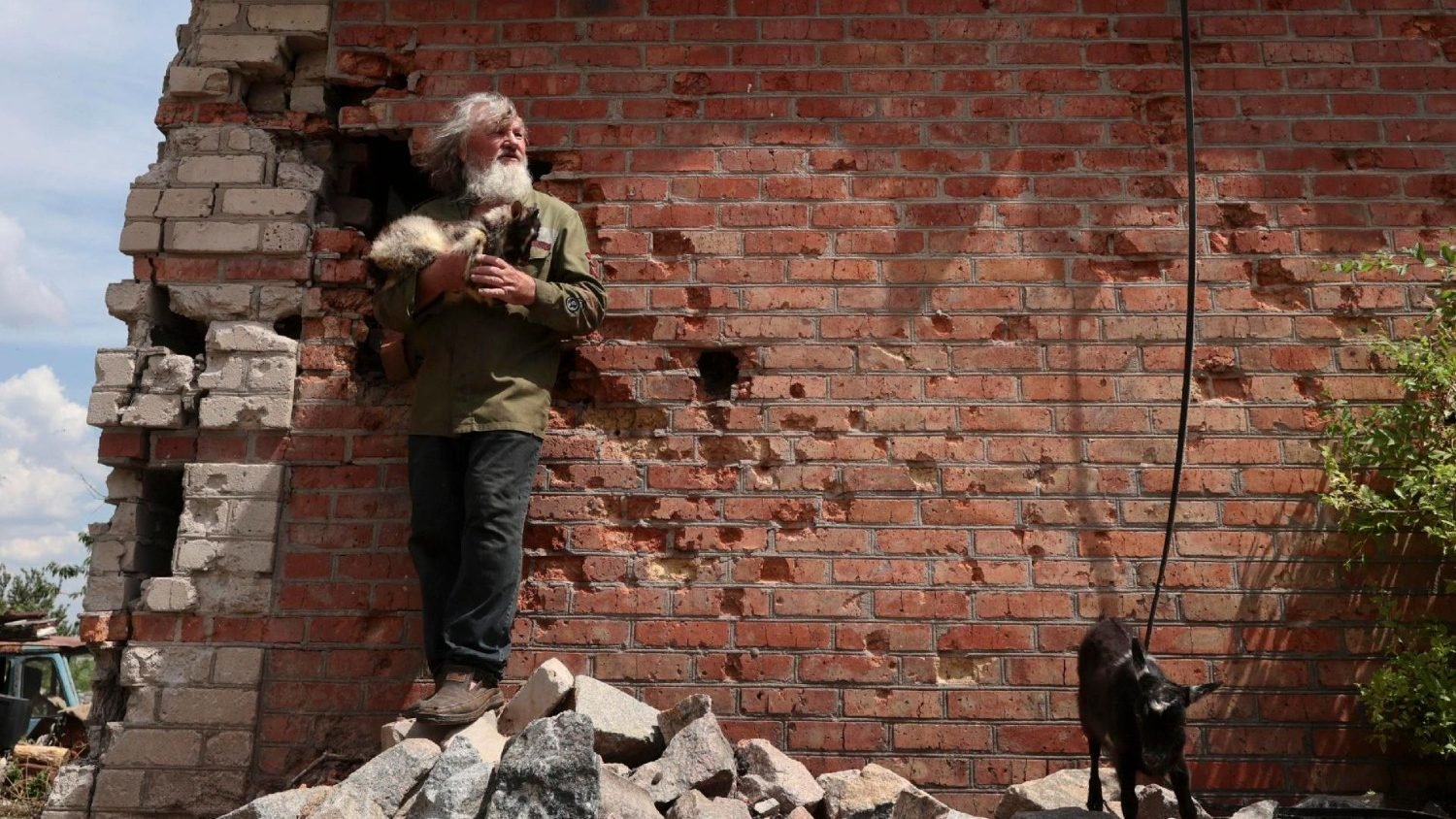In an interview with the Italian daily “La Stampa,” Cardinal Pietro Parolin reiterates the Holy See’s unwavering commitment to peace, warning against the normalization of war and the illusion that armed conflict is an unavoidable solution.
By Linda Bordoni
Speaking in the wake of the stalled Istanbul summit on Ukraine, the Vatican Secretary of State expressed concern for the stalemate and continued violence, but also determination:
“The failure of the Istanbul summit cannot and must not mark the end of efforts to stop the war,” he said. “The Holy See, faithful to its mission of peace, renews its call to resist the logic of violence and the false realism that views war as inevitable.”
Recalling the commitment of Pope Leo XIV and quoting his words, Cardinal Parolin added, “For this peace to spread, I will devote every effort.”
“The Holy See is available so that enemies may meet face to face, so that hope may be restored to peoples, and dignity returned, the dignity of peace,” he said
Just and lasting peace in Ukraine
Pope Leo XIV has consistently called for a “just and lasting” peace in Ukraine. Asked what this means in concrete terms, Cardinal Parolin explained:
“There is no true peace if it is only the result of imposed solutions or mutual fear. True peace arises from deep, respectful, and serious dialogue.”
He highlighted the fact that peace must protect the dignity of all parties involved, “without humiliations, without conditions that leave open wounds.”
For peace to endure, he continued, it must be “founded on solid principles of international law, justice, and freedom, not on fragile balances maintained by arms.”
Europe’s arms race and the limits of self-defence
Addressing Europe’s increasing military spending, Cardinal Parolin expressed concern over destabilisation:
“While it is legitimate and necessary for each country to safeguard sovereignty and security, we must ask to what extent military buildup fosters trust among nations and helps build lasting peace.”
He warned that excessive arms accumulation “risks fueling the arms race and feeding fear,” potentially leading to “dramatic consequences for all.”
“The right to self-defense is not absolute,” he stressed. “It must be accompanied by the duty to minimize, and if possible, eliminate, the root causes of conflict.”
Humanitarian crisis in Gaza
Regarding the situation in Gaza, Cardinal Parolin was unequivocal:
“It is unacceptable in 2025 to witness what is happening in Gaza, where civilians are exposed to an immense humanitarian tragedy.”
He urged the Israeli government to immediately lift the blockade on humanitarian aid, stating that war cannot be a means of resolving problems. The Vatican, he added, continues to support negotiated solutions.
“The two ceasefires led to the release of over 140 hostages, showing that negotiations can be effective, even in a highly complex context,” the Cardinal noted.
Israel-Vatican relations and Jewish-Christian dialogue
Asked whether the presence of Israeli President Isaac Herzog at the inauguration Mass of Pope Leo XIV signals a “diplomatic thaw” between the states. Cardinal Parolin affirmed that “The Holy See has never closed its doors to anyone.”
Herzog, he added, “is the president of a State and operates on a level different from religion, namely the political one, which the Holy See hopes to cultivate with a view to a just and lasting peace process, and on matters of common interest between the two States.”
He also highlighted Pope Francis’ strong and consistent stance against antisemitism and confirmed that Pope Leo XIV “will continue to promote Jewish-Christian relations.”
Avoiding a new cold war
Asked about U.S.-China tensions that appear to intensify, Cardinal Parolin warned against falling into a binary Cold War mindset. “The Holy See remains convinced that dialogue is the only viable path to prevent these divergences from turning into confrontation,” he said.
He underscored the urgency for Washington and Beijing to continue constructive talks and to seek common ground on critical issues such as trade and security.
“It is essential,” he said, “to avoid the risk that conflict becomes seen as the only possible outcome,” and he called on other nations and international institutions to reinvest in multilateralism and pursue balanced multipolarity.
“Diplomacy, mutual respect, justice, and transparency are essential tools,” Cardinal Parolin concluded, “in the search for solutions that promote peace, development, and sustainability for all.”
A credible voice for peace
Reflecting on the recent presence of global leaders at the funeral of Pope Francis and the inauguration of Pope Leo XIV, Cardinal Parolin saw a reaffirmation of the Vatican’s diplomatic role:
“It was a significant sign of international recognition of the Holy See’s commitment to peace.”
The early days of Pope Leo XIV’s pontificate have already been marked by an “urgent appeal to build bridges together,” which, Parolin noted, has “sparked interest and constructive dialogue among world leaders.”




